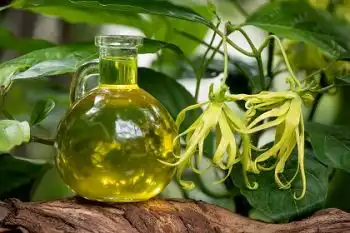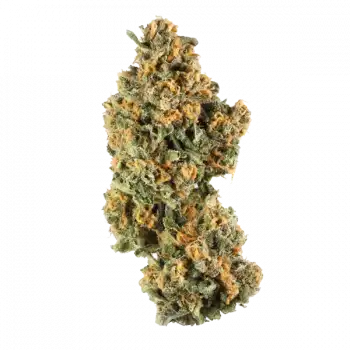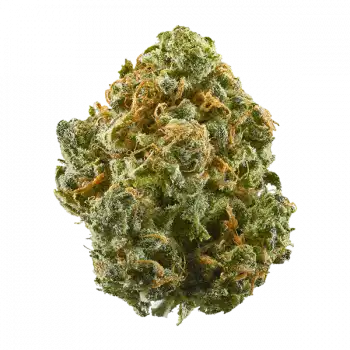CBD Cannabis for everyone
Until relatively recently, the only known cannabinoid was THC. At the beginning of the new millennium, some particularly advanced growers created the first cannabis seeds rich in CBD. Initially, no one fully appreciated their significance. Indeed, the main CBD explosion occurred a number of years after the initial CBD-rich cannabis seeds appeared. CBD would go on to fuel a much greater public interest than was ever expected. Due to its success, CBD has steadily become the most widespread and accepted cannabinoid.
CBD Forerunner of CBG and THCV
With the increasing number of new strains and hybrids of cannabis, it is inevitable that more and more varieties of other cannabinoids will emerge, too. Legalisation has allowed for the development of targeted, customised and science-focused cannabis cultivation and for professionals to discover the growing medical benefits of cannabis
THCV A great new cannabinoid with huge potential
The amount of scientific data on THCV still remains fairly limited. However, some studies have pointed out that THCV interacts with THC and modifies its intoxicating effect by, according to one study, up to 25% in early testing phases. So, whilst THCV is not actually as psychoactive as THC, it may potentiate THC’s effects when in synergy with it. This is potentially exciting news for medical cannabis users, who are already eagerly awaiting new cannabinoid compounds like THCV. However, the increased psychoactivity of THCV will also be attractive to recreational users. The pleasant effects associated with THCV could be dependent on each individual and their unique biochemistry and metabolism etc. THCV may be responsible or partially responsible for the energising experience associated with satin genetics. But, as with many cannabinoids, the questions it raises still outweigh the answers it provides.
THCV: Weight and Fat Loss Management and Obesity Related Health Issues
Animal research and studies have shown, time and again, that THCV in its pure form suppresses appetite and reduces food intake. According to a study presented at the 4th Cannabinoid Conference of the IACM in 2007, rodents receiving pure THCV (that didn’t contain THC) spent significantly less time around the food they had access to, and consumed statistically less than other rodents not treated with THCV. A similar appetite suppression is associated with CBD. But, when the THC was introduced together with the THCV, the rodents quickly rediscovered their appetite.
THCV and Diabetes
Experiments by some pharmaceutical companies have shown that CBD and THCV have successfully improved fasting (i.e., no-food) and insulin levels. Additionally, they have also shown a lowering in blood sugar levels, improved insulin response, and reduced blood pressure and markers of inflammation. It should be emphasised, however, that many of these experiments are in their preliminary stages, and have not yet gone to full clinical trials. Some early studies have also shown THCV to have seizure preventing properties, with highly promising signs in tests with rodents. Additionally, some promising results have also been demonstrated in THCV’s neuroprotective-reducing properties, and an improvement in the symptoms of Parkinson's disease. Clearly, though many of these studies may be in relatively early stages, they are of enormous medical interest; THCV, as both an isolated compound, as well as in tandem with other cannabinoids, shows huge and potentially ground-breaking potential.
CBG: The King of the Cannabinoids
CBG is important because it is the granddaddy of cannabinoids, and it is from it that all others are synthesised. In general, very little of the residual CBG that is present in cannabis at harvest is converted to most other cannabinoids. CBG itself is not particularly psychoactive, but it does provide mild mental stimulation. If using a scale of 0 to 100 to indicate potency, where CBD is worth zero and the THC is 100, then CBG would come in at about 10 to 20. It is nowhere near as potent as THC, however, far more effects can be felt from it than from CBD.
CBG and Huntington's Disease
As with THCV, there has been little medical research around CBG. However, some of the research which has been done is surrounding the potential neuro-protective properties of CBG. In some studies, researchers have asserted that there are tentatively exciting research opportunities to be had around the the use of CBG, either alone or combined together with other phyto-cannabinoids and/or therapies to treat diseases with powerful neurodegenerative qualities, such as Huntington's disease. Some studies also explore the potential for using CBG as an anti-inflammatory agent, and similarly cite the huge potential neuroprotective benefits for Huntington's disease. It has also been showb, that CBG may potentially also act as an appetite suppressant. This has great potential for the field of obesity and weight management.
What Purposes Do New Cannabinoids Like THCV And CBG Serve?
No one really knows the health benefits they can have until these varieties are medically researched and scrutinised fully, and then made available to cannabis users. Because of the cannabis ban in many areas of the world, not enough research has been done on cannabis thus far; even THC is not fully understood. Medicine is trying to play catch-up in terms of the expanding legality of cannabis in various parts of the world, and there are huge financial and medical incentives to investing heavily in exploring all of its health properties.
For pharmaceutical companies, the cost of commercialising new cannabinoid-based drugs would be staggering. Lots of scientists, countless clinical trials and millions of dollars in research and development resources would be needed. Therefore, large pharmaceutical companies will currently simply not be able to offer low-cost cannabis-based drugs. It is too costly.
There is an easier and cheaper alternative for home cannabis growers. Many continue to cultivate their own plants to meet their particular recreational or medical needs for themselves. Home growing cannabis from feminised or auto-flowering seeds is so accessible now, that it has never been easier. One can now buy cannabis seeds rich in THC and / or CBD, and very soon it will be possible to grow with feminised seeds that will produce other new cannabinoid varieties such as CBG and THCV.
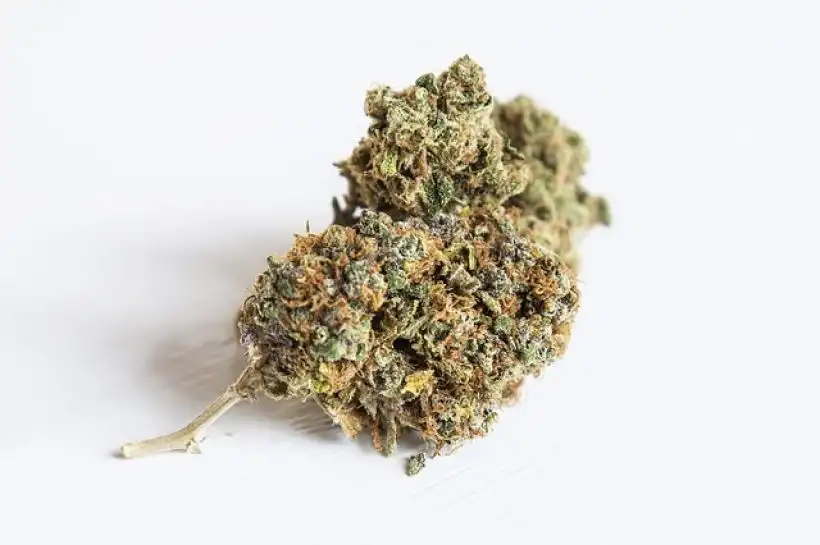
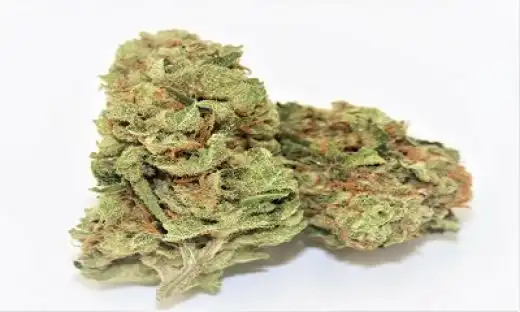
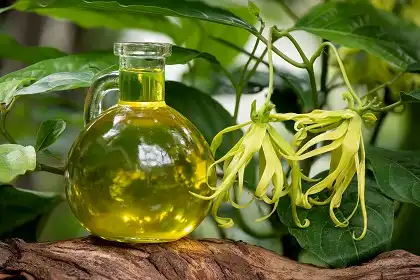
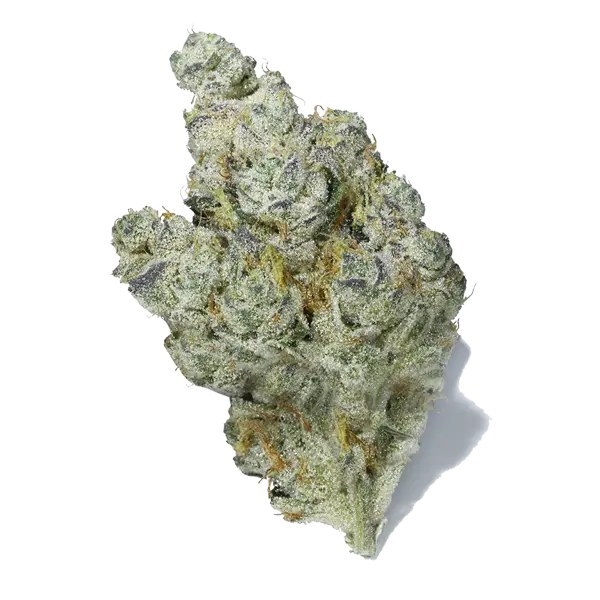
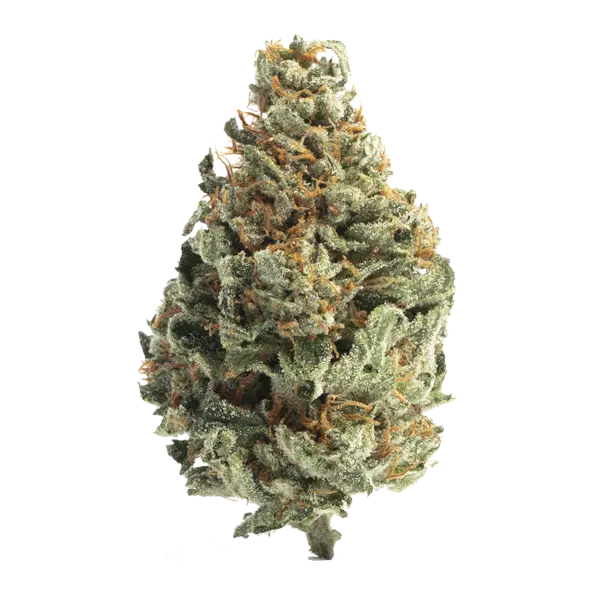
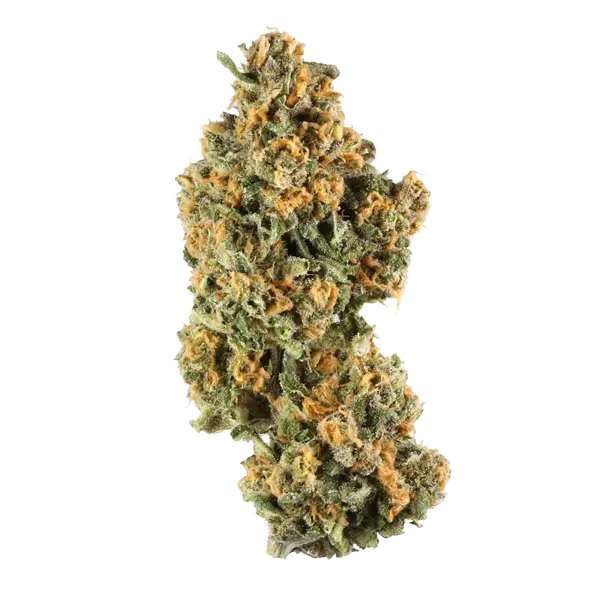
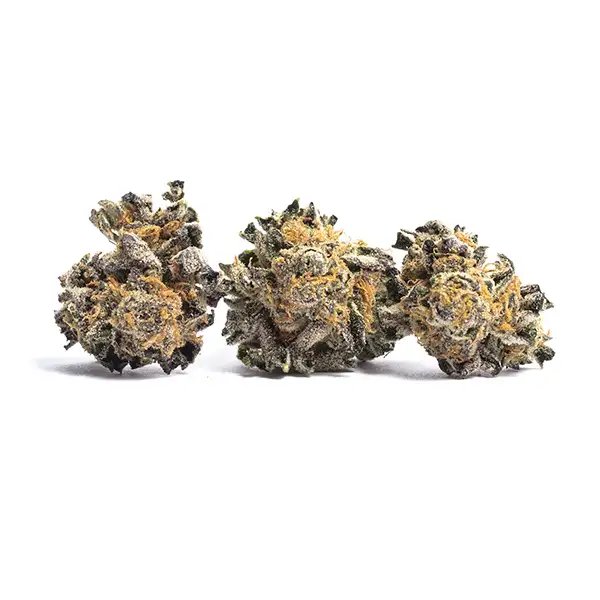
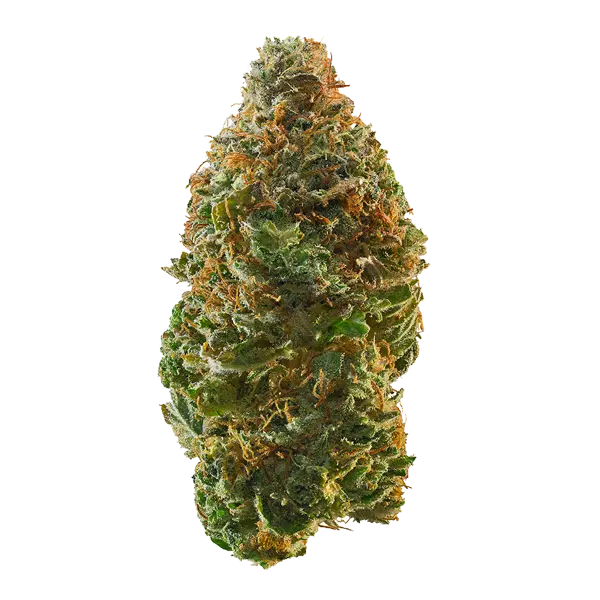
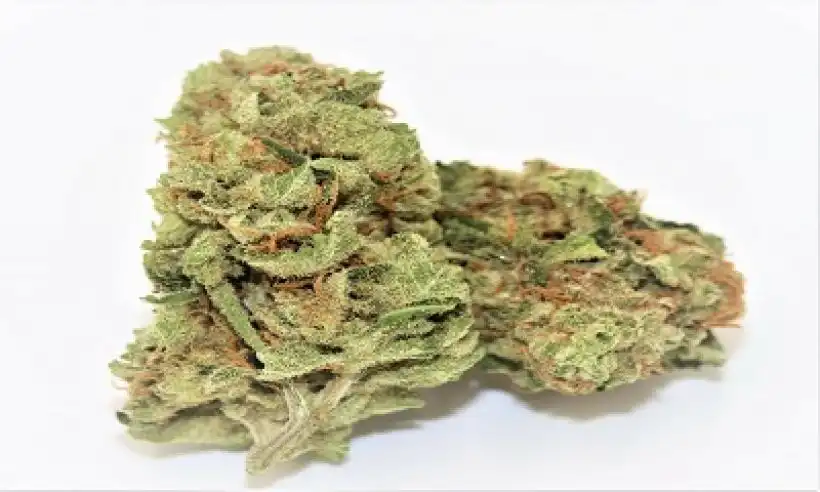
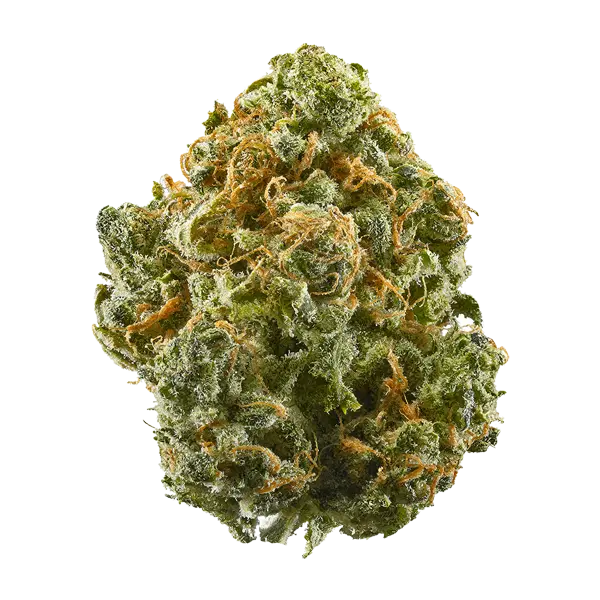
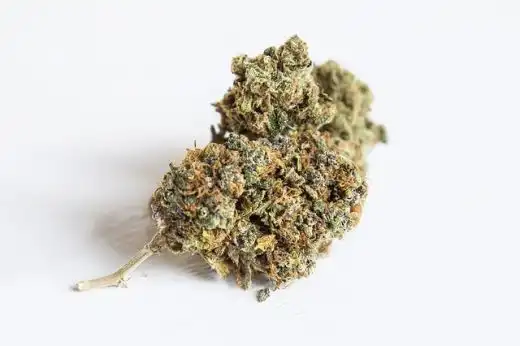
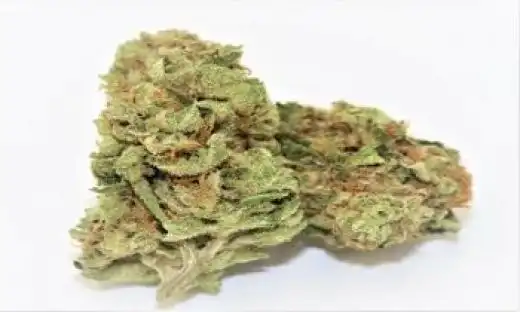
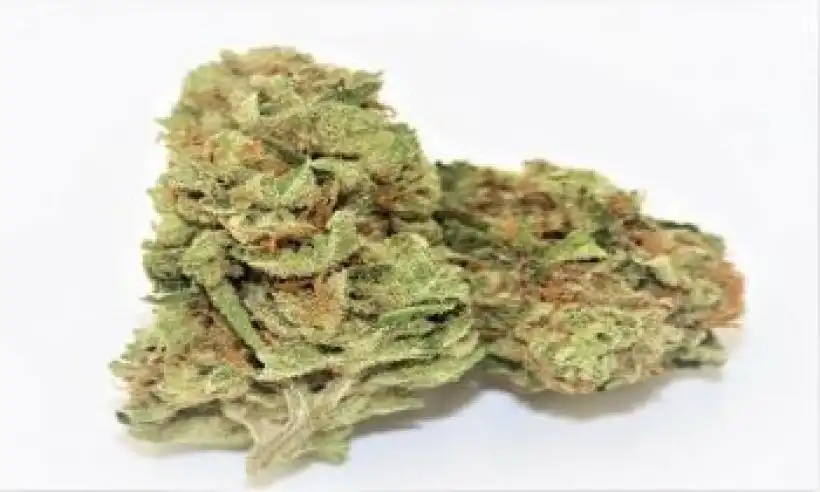
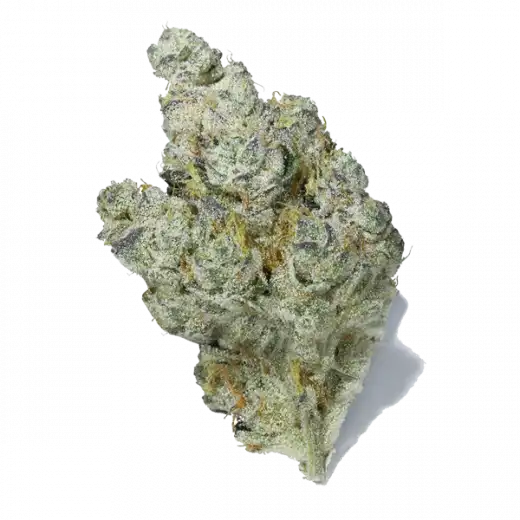
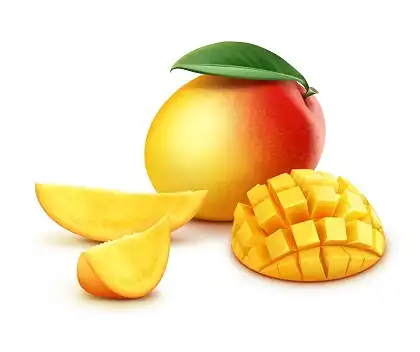
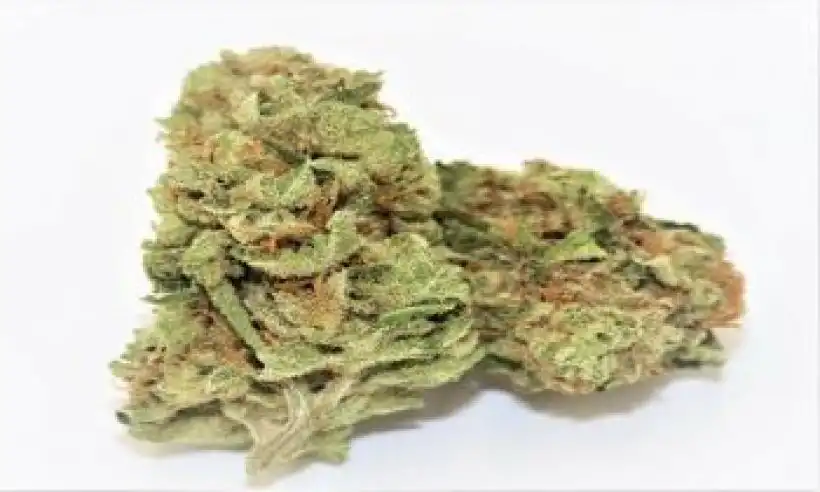
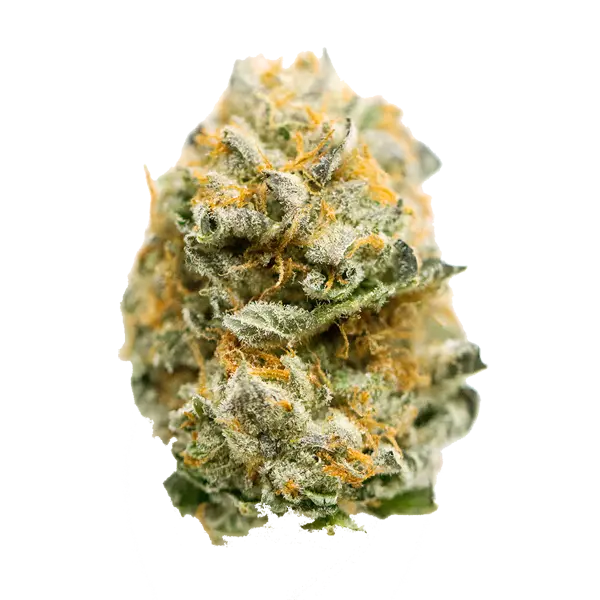
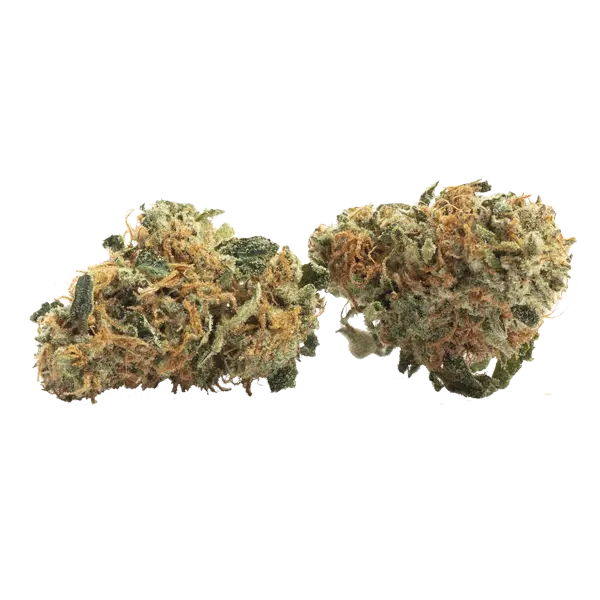
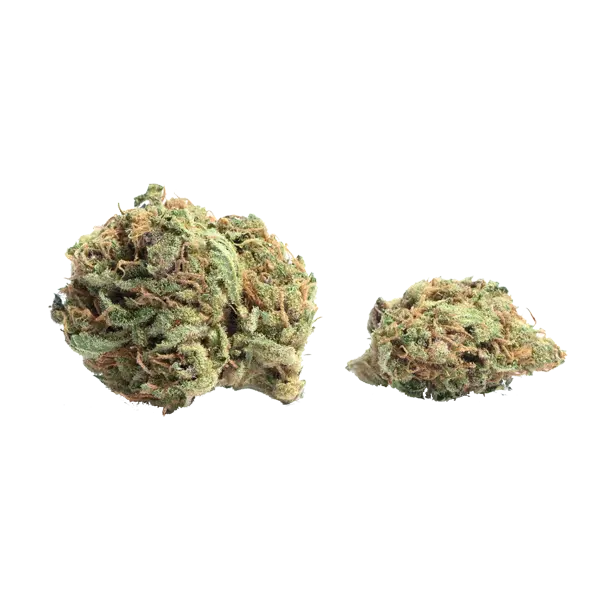
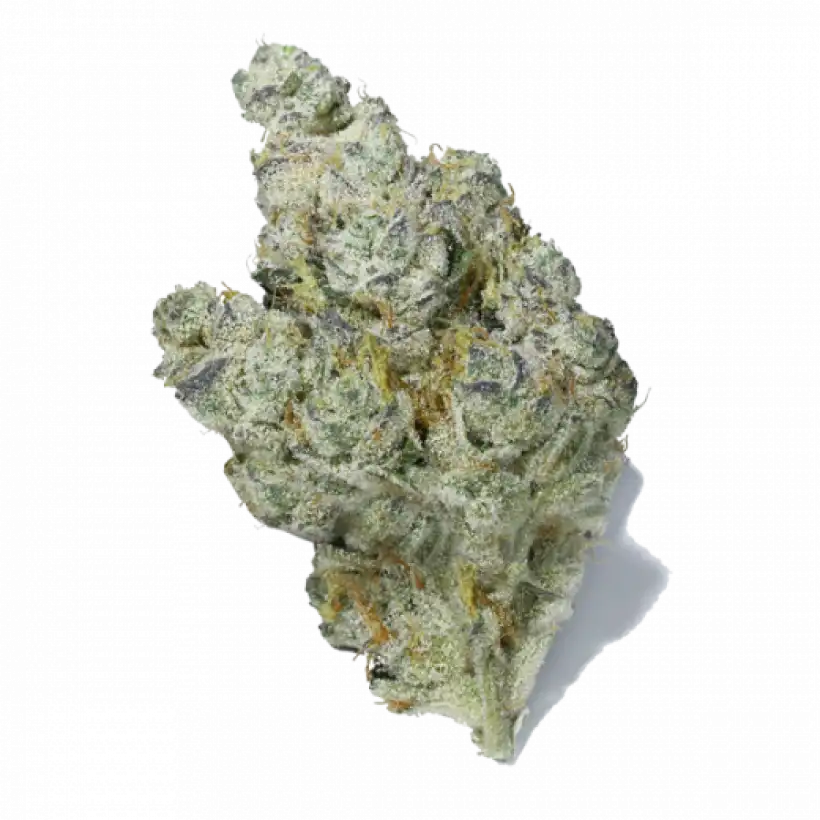
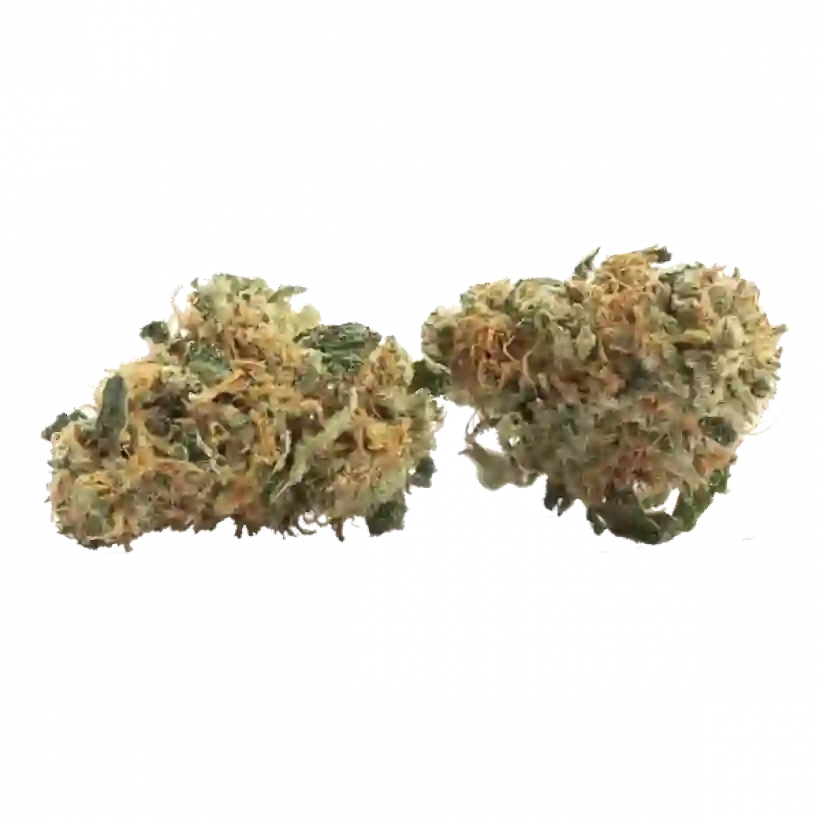
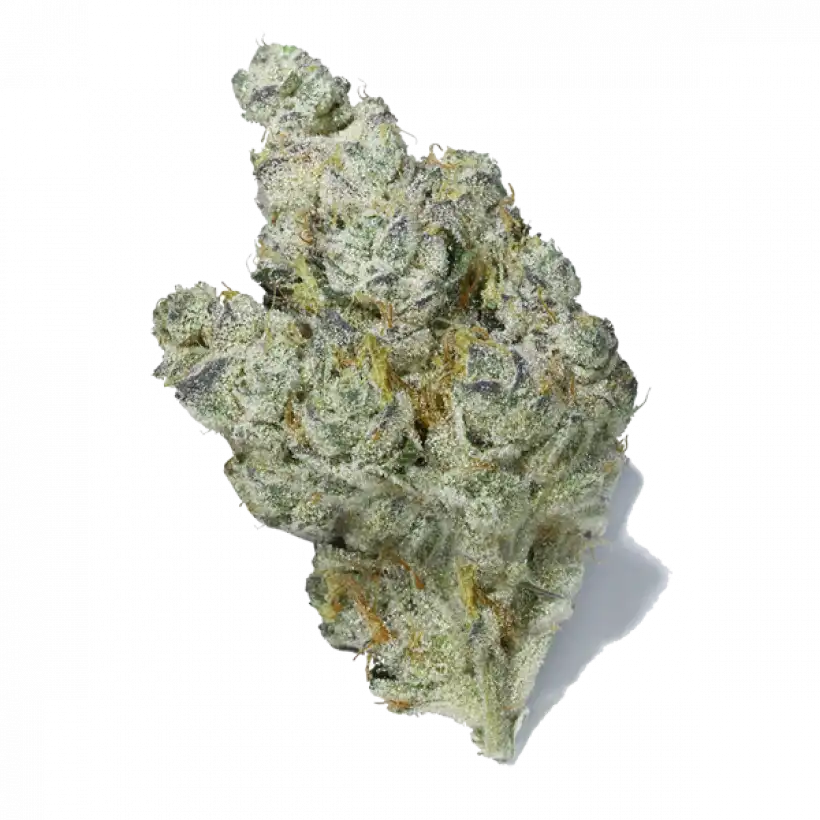
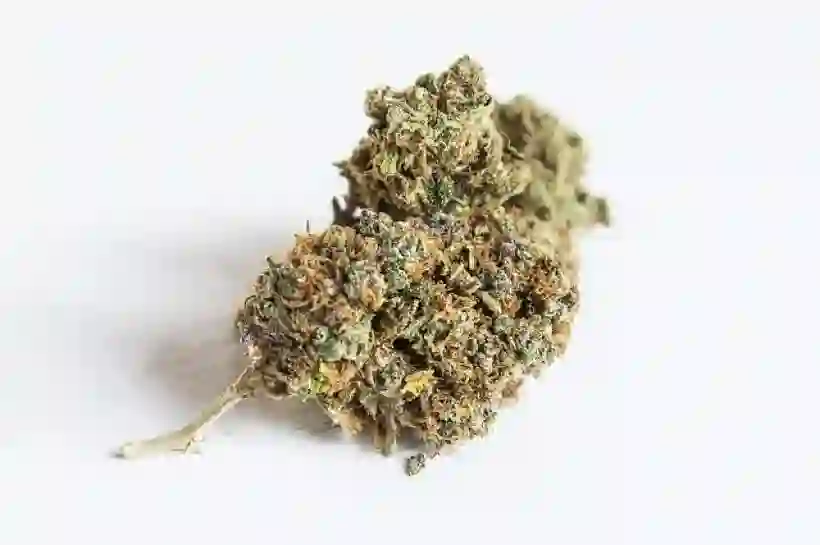
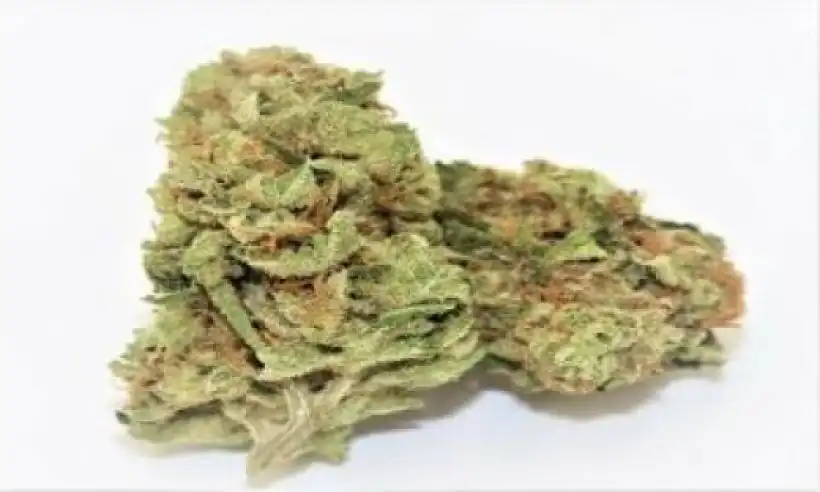
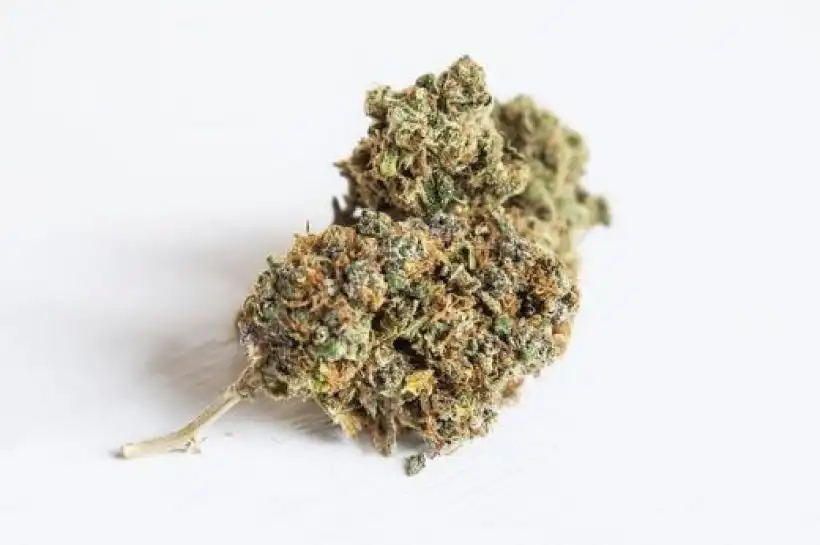

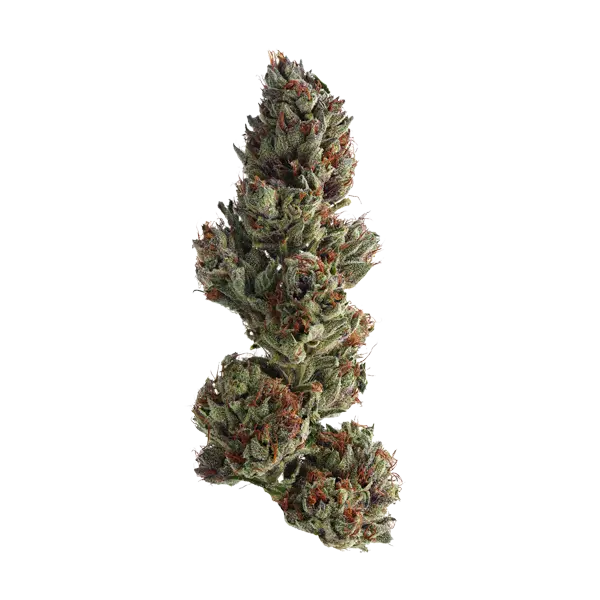
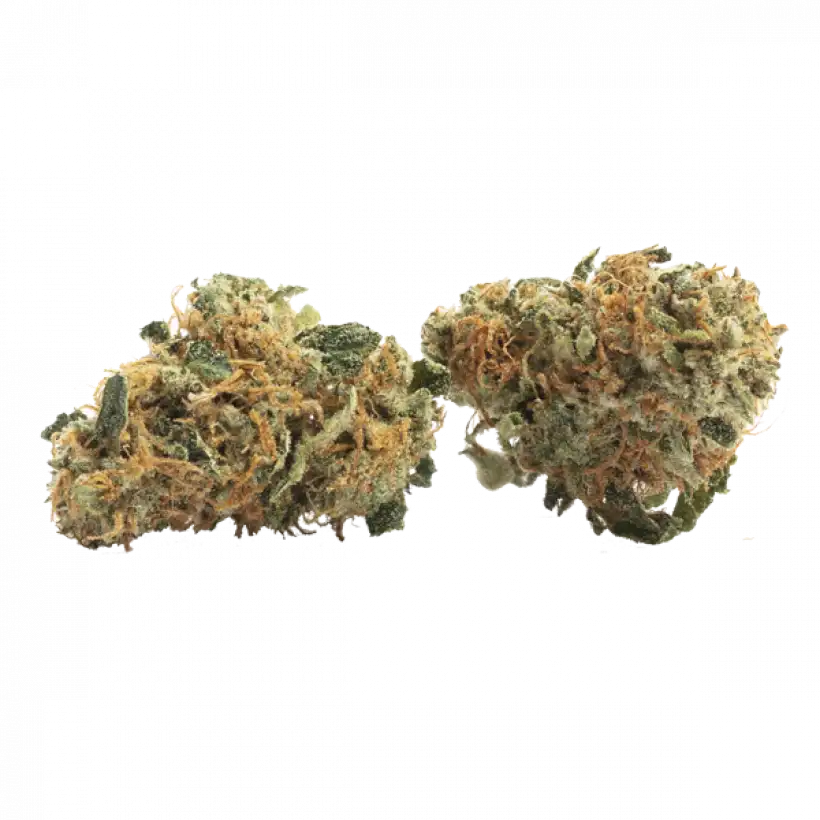
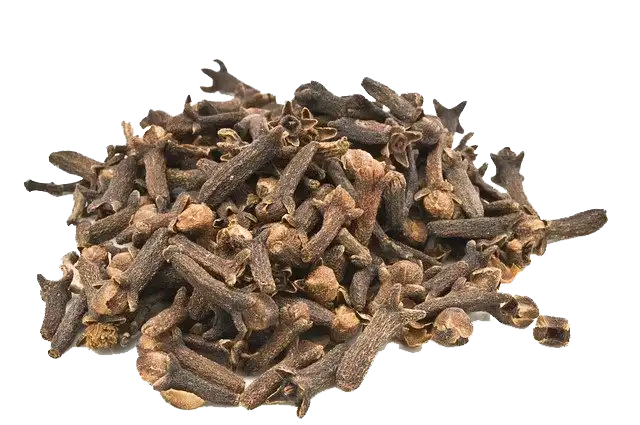
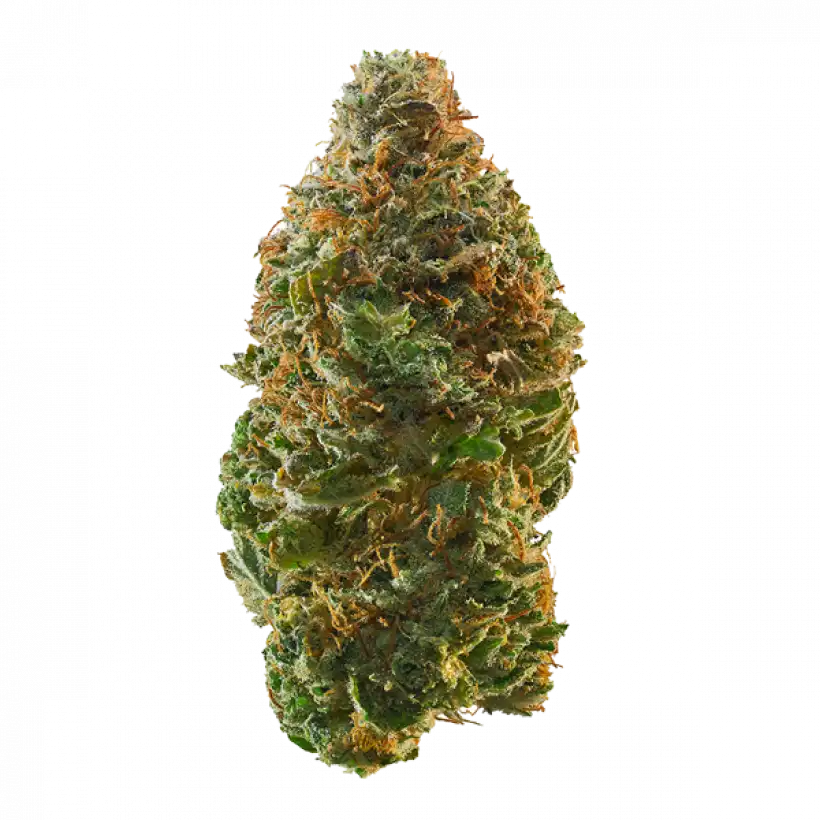

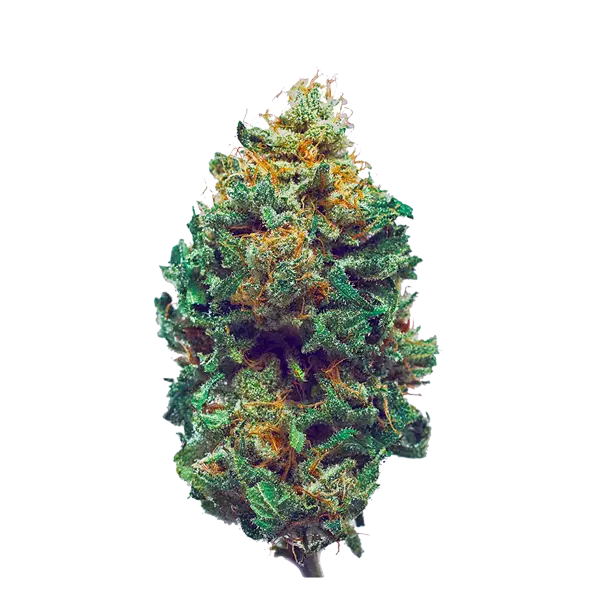

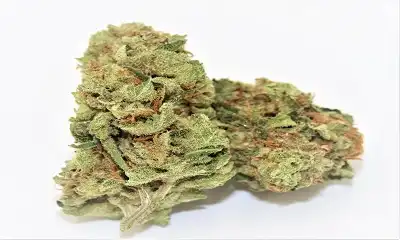
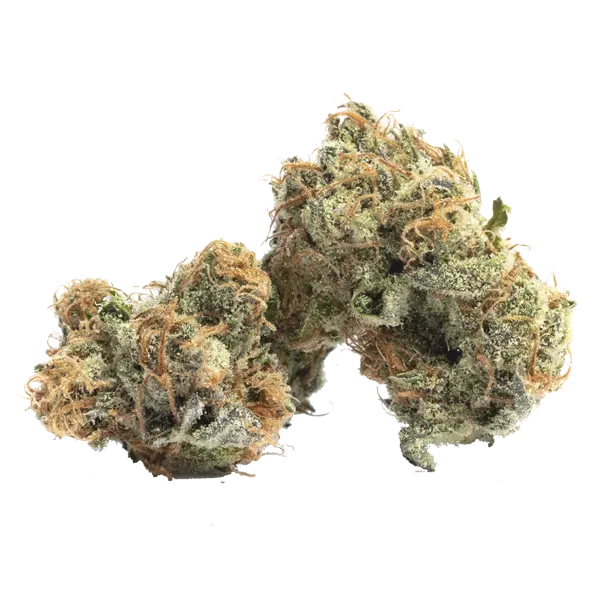
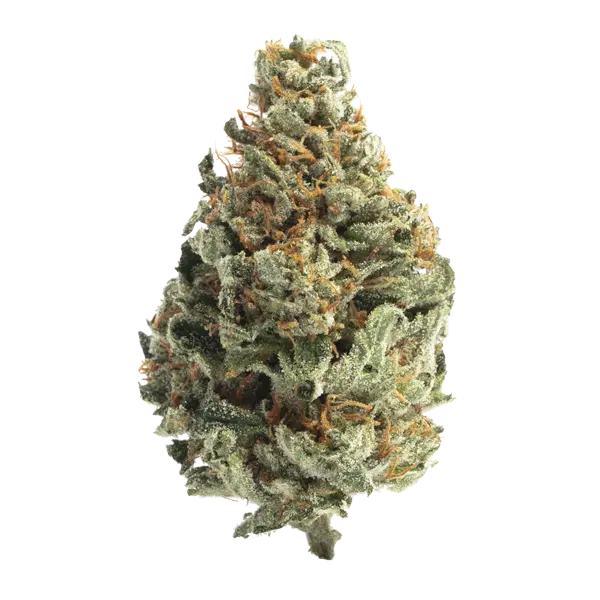
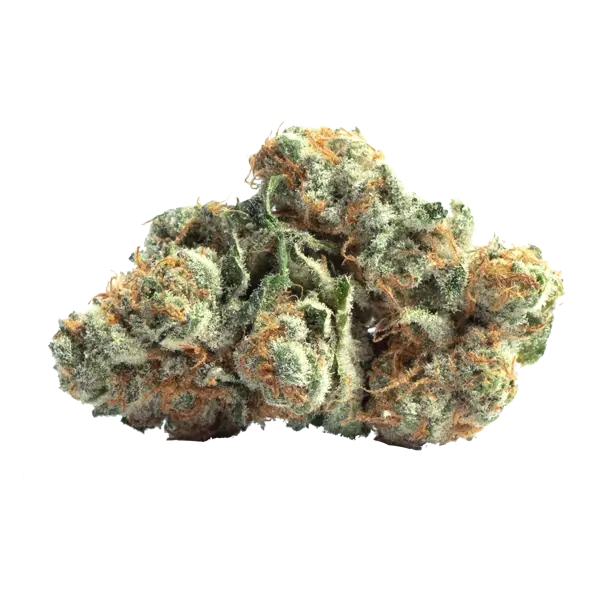
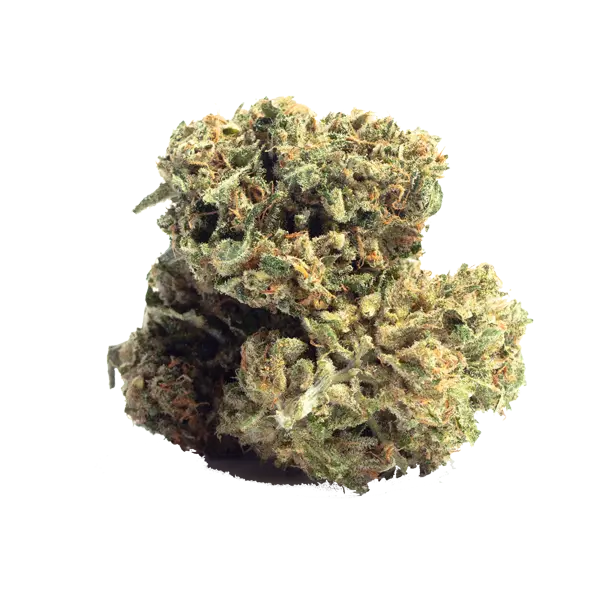
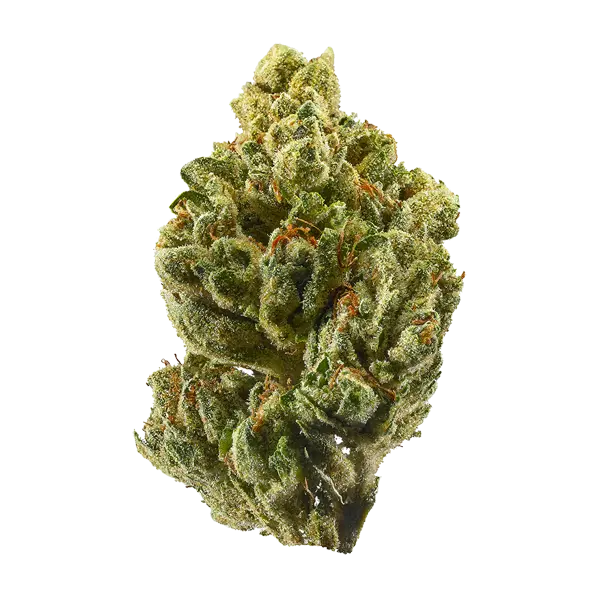
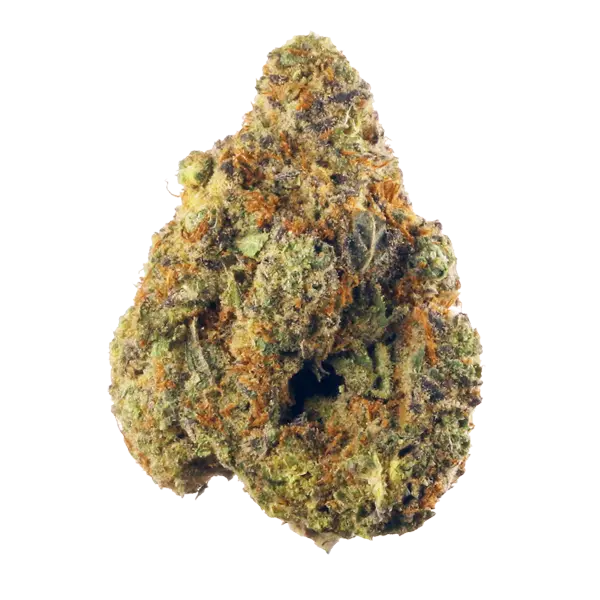
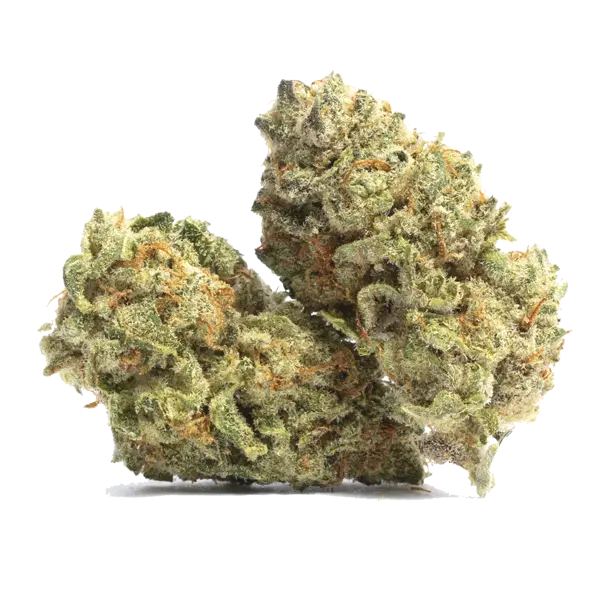
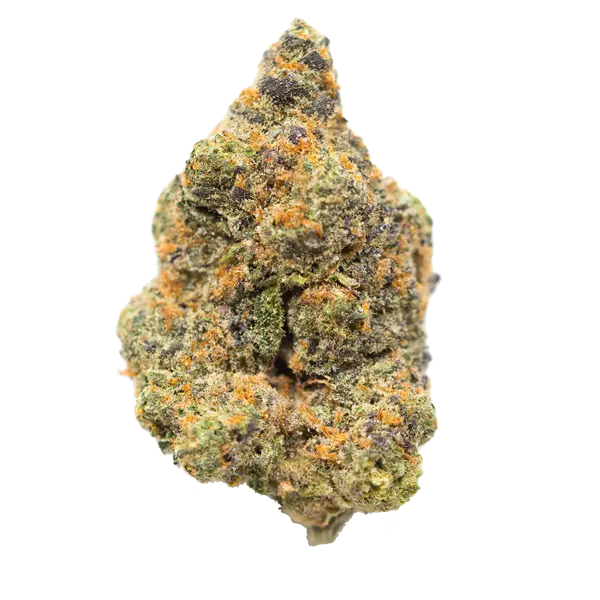
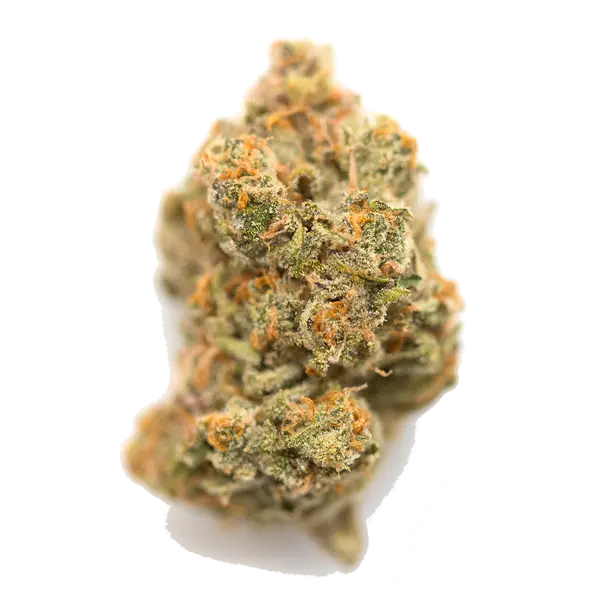
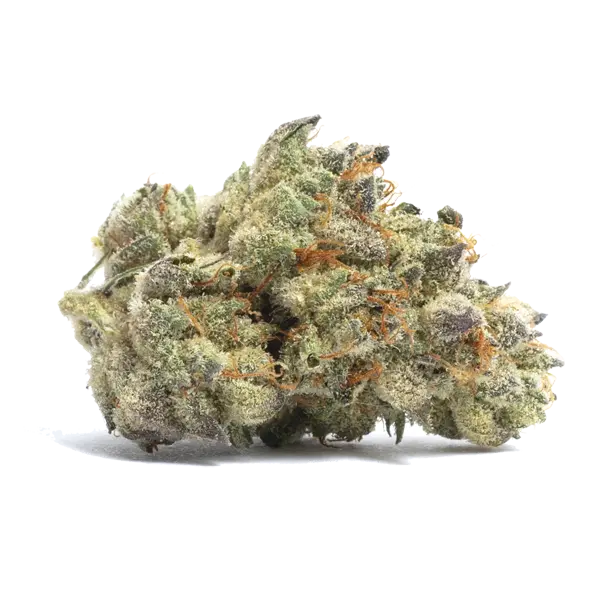
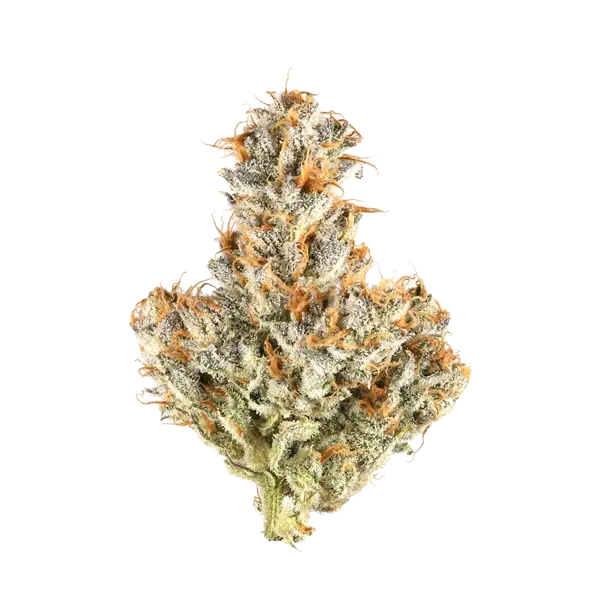



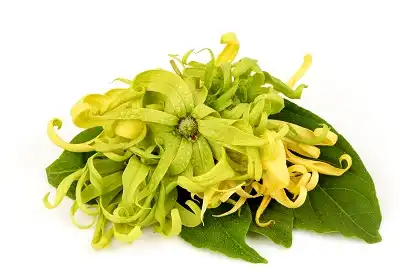
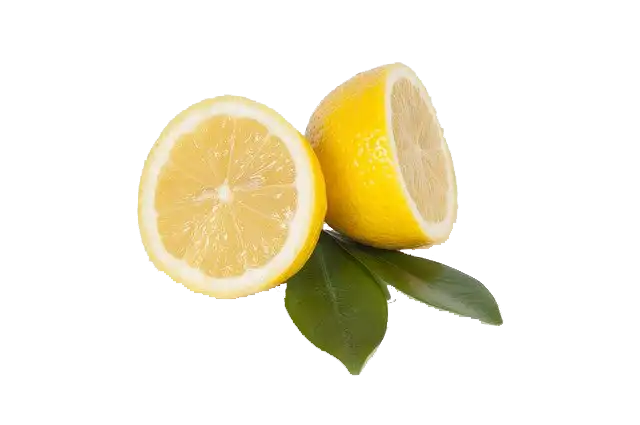

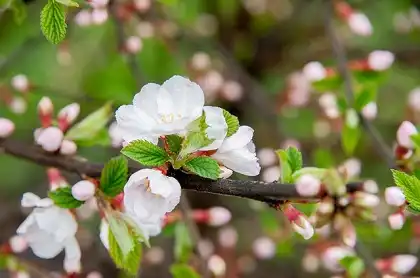






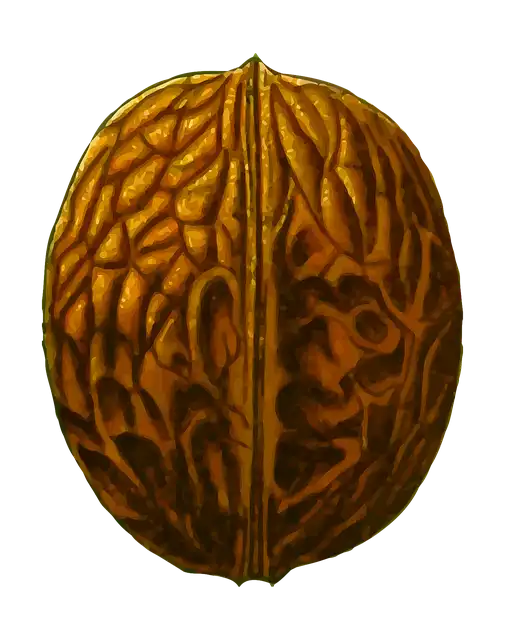


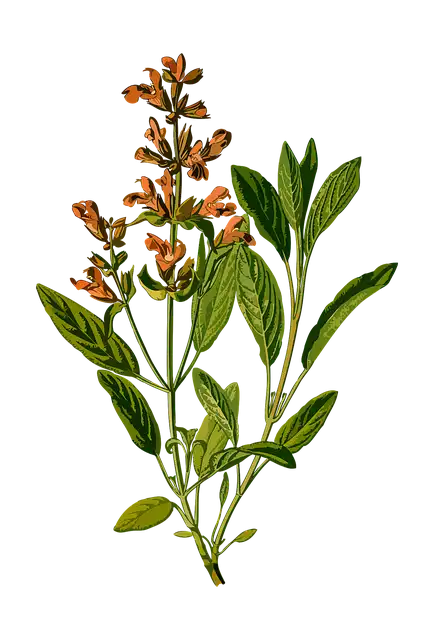

 Why do we call marijuana “marijuana”?
Why do we call marijuana “marijuana”? Types of Cannabis That Increase Creativity
Types of Cannabis That Increase Creativity
